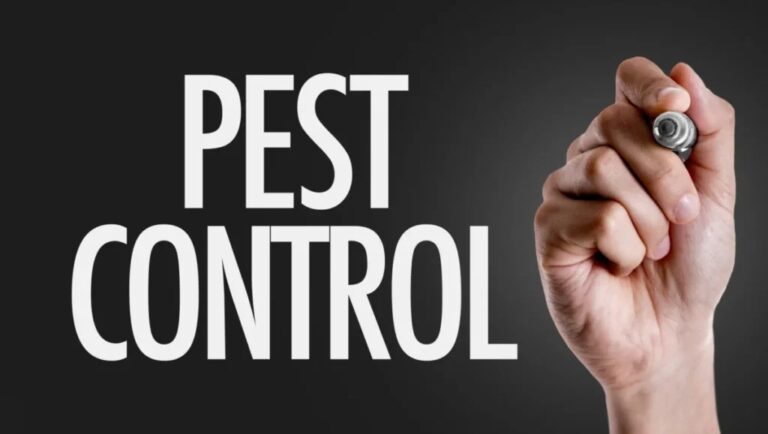Essential Contracts for Co-Owning a Business in Food Industry
Did you know that the global food service market is projected to grow to $6810.86 billion by 2032? This shows how fast the industry is growing and how much opportunity it offers.
.If you’re co-owning a food business, having the right contracts is crucial. Proper agreements protect your investment and reduce the risk of disputes. These contracts also help clarify each partner’s role and responsibility.
In this article, you’ll learn about key contracts every co-owner should have. Each one plays an important role in building a strong partnership. Continue reading to learn more.
Partnership Agreement
A partnership agreement is the foundation for co-owning a food business. It helps set clear expectations between all partners. This document should be created at the very beginning.
The agreement outlines each partner’s roles and responsibilities. It also lists financial contributions and decision-making authority. These details help keep the business organized and fair.
It’s important to include profit-sharing terms and what happens if someone leaves. Clear rules can prevent future conflicts. This contract keeps everyone on the same page from day one.
Operating Agreement
If your food business is an LLC, you need an operating agreement. This contract sets the rules for how your company runs. It helps avoid confusion later on.
The agreement explains how decisions are made and who makes them. It also defines each member’s role and authority. Clear guidelines support smooth daily operations.
This document includes steps for handling disputes and membership changes. It protects each member’s interests from legal or internal issues. A strong agreement keeps the business on track.
Non-Disclosure Agreement (NDA)
Confidentiality is very important in the food industry. Recipes, supplier lists, and processes must stay protected. An NDA helps keep this information safe.
This agreement stops partners from sharing secrets with others. It sets clear rules about what must stay private. Everyone knows their responsibility to protect the business.
An NDA is useful during new partnerships or deals. It makes sure sensitive details stay within the team. This protects your competitive edge in the market.
Lease Agreement
If your food business has a physical location, a lease agreement is required. It allows you to use the space for your operations. This contract should be in writing and signed by all parties.
The lease explains rent, contract length, and who handles maintenance. It also covers utility costs and other property rules. Knowing these terms helps avoid misunderstandings.
Always review the lease carefully before signing. A lawyer can help check the details. A strong lease protects you from future landlord issues.
Buy-Sell Agreement
A buy-sell agreement explains what happens if a partner wants to leave. It sets clear rules for transferring ownership shares. This helps keep the business stable during changes.
The agreement includes how to value the business and sell shares. It also lists who can buy the shares and under what terms. These rules prevent confusion and conflict.
For expert help, consider working with premier partition lawyers near California. They can guide you through the legal process with care. Their support helps protect your rights and business interests.
Secure Your Business Success
Clear contracts are key when co-owning a food business. They help protect your rights and prevent misunderstandings. Each agreement plays a role in keeping your business strong.
Work with legal experts to create solid documents. This will reduce risks and support future growth. Strong contracts help your business succeed in a competitive market.
If you’d like to learn more, check out the rest of our website!







